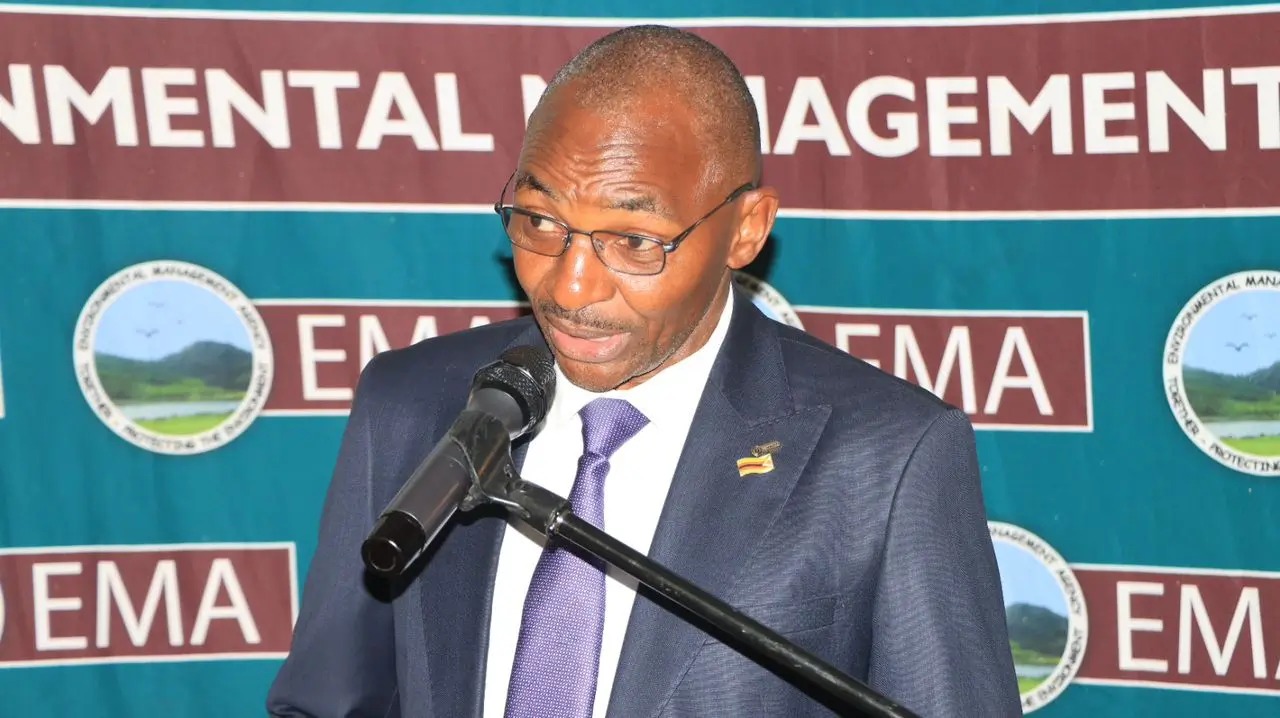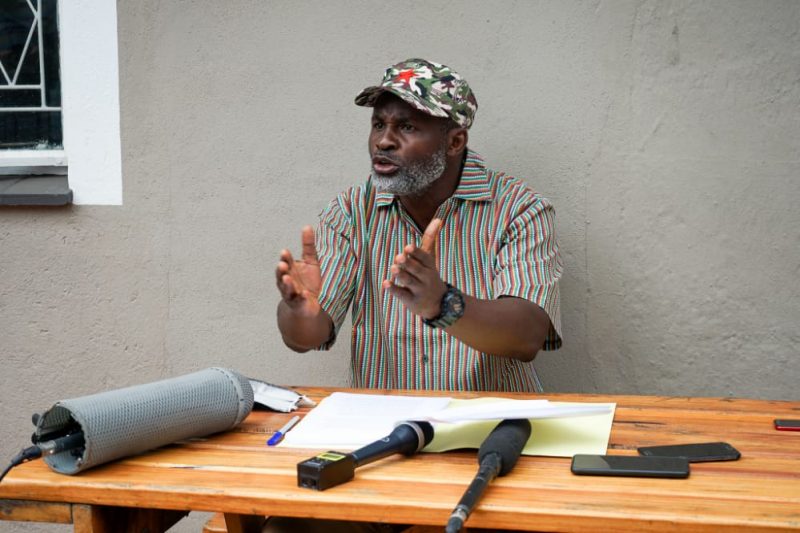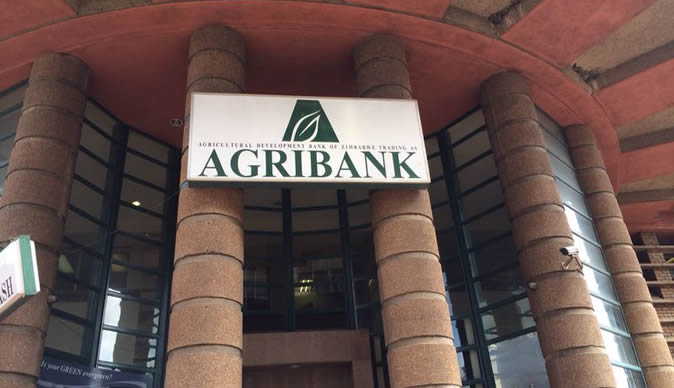THE Agriculture Bank of Zimbabwe (Agribank) has reduced its staff cost to total income ratio by 25 percentage points in the past two years owing to aggressive cost containment.
Minister of Finance and Economic Development, Patrick Chinamasa, had expressed concern over the bank's high staff costs, which stood at 58 percent in June 2015 and had called on the bank to become more cost efficient amid a challenging operating landscape.
Agribank implemented job cuts over the past two years, a situation which reduced the staff cost to income ratio to 33 percent during the first half of the current financial year.
The State-controlled bank's chief executive officer, Sam Malaba, told The Financial Gazette last week that the trend is expected to continue, saying the bank was targeting to bring the ratio further down to less than 30 percent by the end of this year.
"The bank is on course to achieve the Minister's expectation to reduce this ratio further to 30 percent," said Malaba.
"In fact, we target to achieve a ratio of less than 30 percent by year end. We retrenched our workforce, an exercise which has reduced our workforce by 20 percent. So the staff costs went down significantly after retrenchments in 2015 and 2016. What we are doing now to contain costs is that we are taking students on attachment and graduate trainees. We are also growing our income. So, the less than 30 percent target is achievable," he said.
Following a staff rationalisation exercise and other turnaround strategies, the bank has returned to profitability.
In its financial results for the six months to June 30, 2017, Agribank recorded a marginal one percent increase in net profit to $2,18 million, from $2,16 million registered in the same period last year.
The bank attributed the growth to the re-organisation of the bank, investment in information communications technology upgrades as well as implementation of a wide range of the bank's business growth strategies and initiatives.
Malaba said the growth was also due to positive benefits from transferring non-performing loans to ZAMCO.
Net interest income increased by 14,2 percent in the period under review to $13 million, from $11,42 million recorded in the first half of the previous year.
Commission income went up by four percent to $2,3 million during the period under review compared to $2,2 million recorded in the same period in 2016.
Total operating expenses surged 5,2 percent to $11,45 million in the first half of the year, from $10,88 million recorded during the same period the previous year.
The bank recorded impairment charges of $3,34 million during the period under review, from $891 000 recorded during the same period in 2016.
Loans and advances declined by 19 percent to $80,28 million during the period under review, from $99 million in the same period the previous year, due to transfer of $17 million worth of loans to ZAMCO.
Total assets grew by five percent to $214,99 million during the period under review, from $204 million recorded during the same period the previous year.
- fingaz
 NetOne CEO granted US$500 bail in fraud case
NetOne CEO granted US$500 bail in fraud case  South African ambassador falls to death from Paris hotel room
South African ambassador falls to death from Paris hotel room  India dumps US Treasury bills
India dumps US Treasury bills  ZSE and VFEX recover after weak 1st half
ZSE and VFEX recover after weak 1st half  Gold edges up as traders await guidance
Gold edges up as traders await guidance  Wheat records first ZMX trade at US$400/tonne
Wheat records first ZMX trade at US$400/tonne  Young Investment Professional (YIP) Graduate Programme 2019
Young Investment Professional (YIP) Graduate Programme 2019 











 Young Investment Professional (YIP) Graduate Programme 2019
Young Investment Professional (YIP) Graduate Programme 2019
Editor's Pick